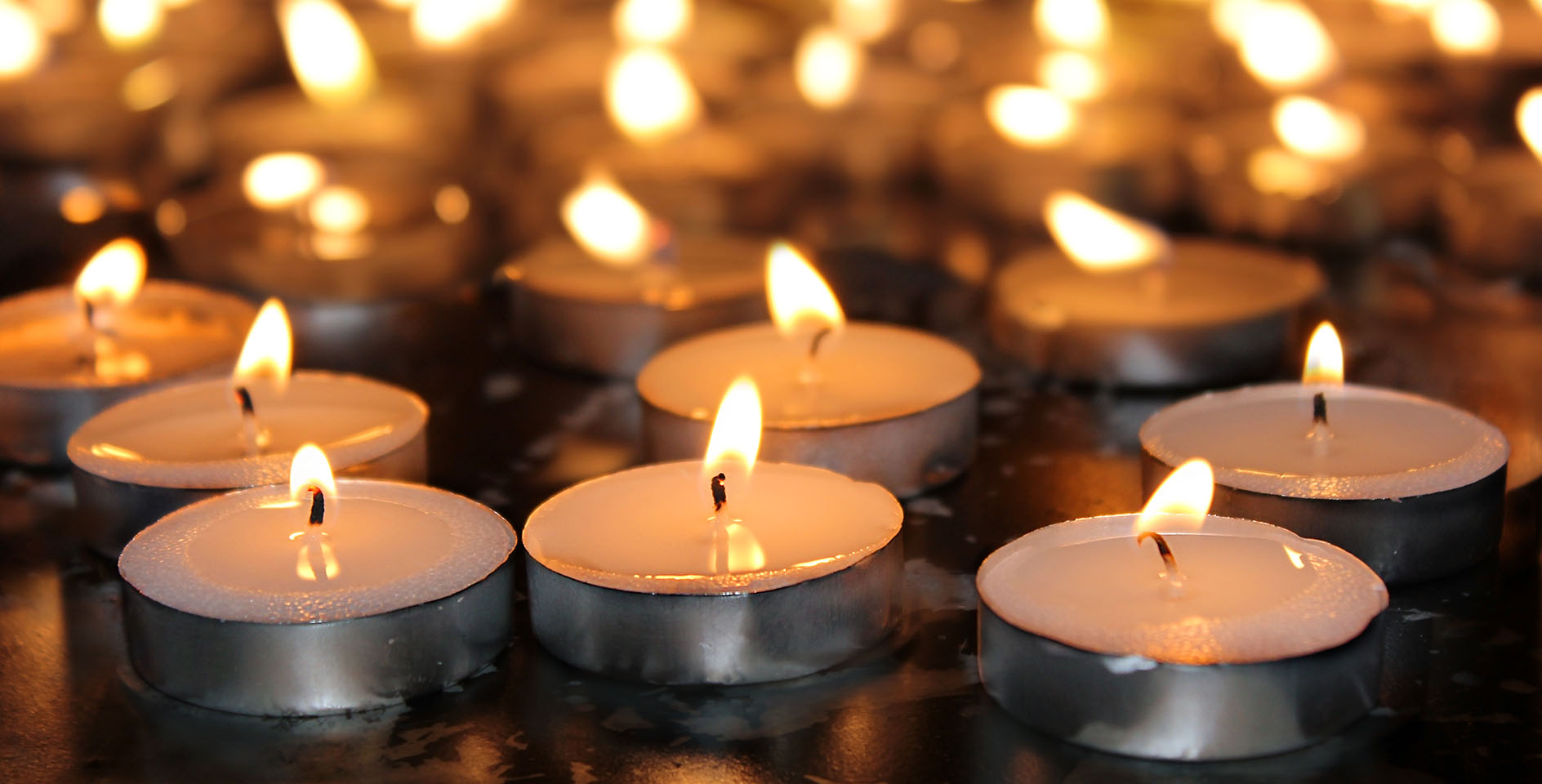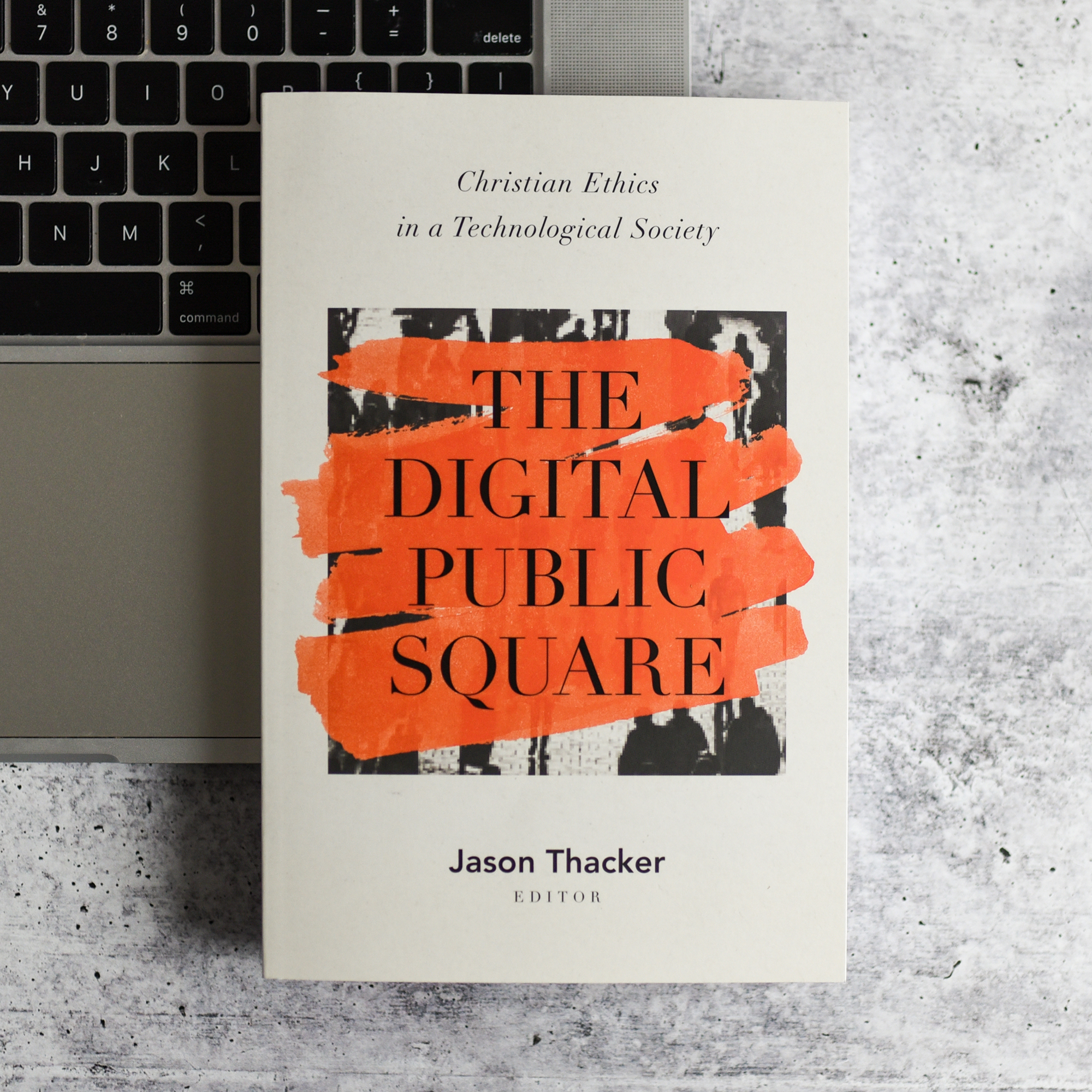You may know about the spiritual sea-change brought on by the Protestant Reformation of the sixteenth century. But do you know about the ways the Reformation helped change Western politics? This secondary shift is more obscure than the theological contributions of the era, but has proven epochal on its own terms.
The Reformation featured several distinct models of public theology. The first owes to the "Magisterial Reformers," who believed that the church and state could join arms to strengthen the citizenry. The most dramatic example of this perspective is John Calvin's Geneva. Geneva in the sixteenth century was not a theocracy, as is sometimes said, but was a city featuring strong links between the city magistrates and church leaders. Calvin sought to foster morality and even Christianity in Geneva through teaching, legislation and constant engagement with the populace.
Though Calvin's model invites numerous questions (and especially concerns from a Baptist church-state perspective), it should be noted that he and his Genevan peers believed that preaching drove all their public engagement. It was the Word of God that would purify the Swiss city, and loosen the bonds of sin both private and public. What the pulpit extolled the people should practice. If Calvin made the connection stronger than some would, we cannot fault him for lack of interest in the people's welfare. Calvin and his peers were far from indifferent about public affairs and the common good. They believed that pastors and churches had an essential role to play in civic matters.
The Genevan pastor-theologians were not alone in these convictions. Fellow Swiss Reformer Ulrich Zwingli died on a battlefield, having committed himself to defense of his Protestant city against Roman Catholic foes. In Scotland, John Knox defied not only a church but a monarchy through his forceful sermons. The Scripture summoned these men to public leadership and action, and they were not willing to constrain themselves to the dimensions of their church in heeding this call. This perspective is sometimes called "transformationalism."
In Germany, Martin Luther promoted a "two kingdoms" model that endorsed the state as the ruler by law, and the church as the spiritual authority by grace. Theologians then and now debate the differences between Luther and Calvin's systems, and it is clear that the Genevan felt a good deal more freedom than the German to link the affairs of the church and state. But Luther himself frequently commented on political matters, and his theology bore more on politics than he might have thought.
Drawing strengths from all sides
The major strength of both of these influential systems was this: the church understood its identity in a fallen world. It had a mission to transform and strengthen, for Calvin; it had the responsibility to proclaim an unseen kingdom, for Luther. From the days when these leading lights penned their seminal thoughts, Christians have debated the merits of their models. What cannot be denied, however, is this: the Reformation featured a veritable renaissance of political theology. The often-unstated synthesis of church and state that prevailed in the pre-Reformation era had met a major challenge (or several). The church was not the prevailing culture, but rather had the mission to influence the culture in some way, whether through direct political involvement or through proclamation and embodied godliness.
But there is a third model that we must also identify. This one was less popular in its day but has arguably proved just as consequential–possibly more so—than those considered above. The Anabaptists also featured in the Reformation period, but were not typically able to sustain political leadership like their peers. This was in part because the "radical reformers" drew fire for their rejection of the close connection between church and state as posited by Calvin, Zwingli, and others. For their stubbornness, and their refusal to baptize infants, the Anabaptists suffered. There is no other way to put it. Some of them were killed for their beliefs by magisterial reformers, a fact that is simultaneously sobering and revealing. Public theology was no small matter in the sixteenth century. If we feel divided now, if gospel-loving people lament contemporary disagreement over politics, we should note that not many centuries ago, the Anabaptists were tortured and drowned for their political views.
To be sure, there were heterodox elements in early Anabaptist circles. A few Anabaptists caused tremendous trouble for the whole movement. A handful of them took their separatist political convictions to an extreme, and sought to build little fiefdoms that became overrun with deeply troublesome ideas and practices–polygamy, a kind of socialism, and lawlessness. These figures lent a strongly negative cast to the Anabaptist cause, a perception which persists even to the current day among some Christians.
Religious liberty: A reformational idea
But we must not so easily snark at the radical reformers. Their doctrine of church and state, with a closely-linked principle of religious liberty, has largely prevailed in the Western world. Few today would make the argument that the government should have some oversight of church practices. Few would seek the linkage Calvin pursued between the city magistrates and church elders. If government should not be secular, or thought of in those terms, neither should it regulate God's assembly. Part of the root of this thinking comes from the doctrine of believer's baptism, an explosive concept in political terms. If baptism no longer effectively rendered a newborn a citizen, what exactly constituted citizenship? The American Revolution and subsequent periods of public upheaval would feature considerable engagement with this and related questions (with a strong assist from the Enlightenment).
In our day, the Anabaptist political system deserves careful consideration. The doctrines of a free church and religious liberty for all were much pilloried when first promoted but now seem, in the eyes of many, inestimable contributions to Christian political thought. Modern evangelicals in fact may find themselves thankful not for one Reformational stream exclusively, but may learn with gladness from diverse groups. Today, we hear Calvin asking, "How can the church engage and even better society?" Presently, we hear Luther querying, "Do pastors understand the significance of their charge to preach, and to shape their people?" Today, we hear the Anabaptists urging us, "Do not fall prey to political delusions—even as the public square crumbles, remember the Great Commission."
If our moment is one of profound upheaval, we do well to recall that the Reformation was also a massively destabilizing time. Thankfully, despite the disunity and tragic persecution that sometimes flared, it left much health, and sound scriptural thinking, in its wake. With that said, our charge today, and our opportunity, is not to return to some halcyon tradition. It is to reap the riches of biblical teaching, to learn afresh from past Christians, and to be present right where we are, the church everywhere oppressed but always triumphant.










